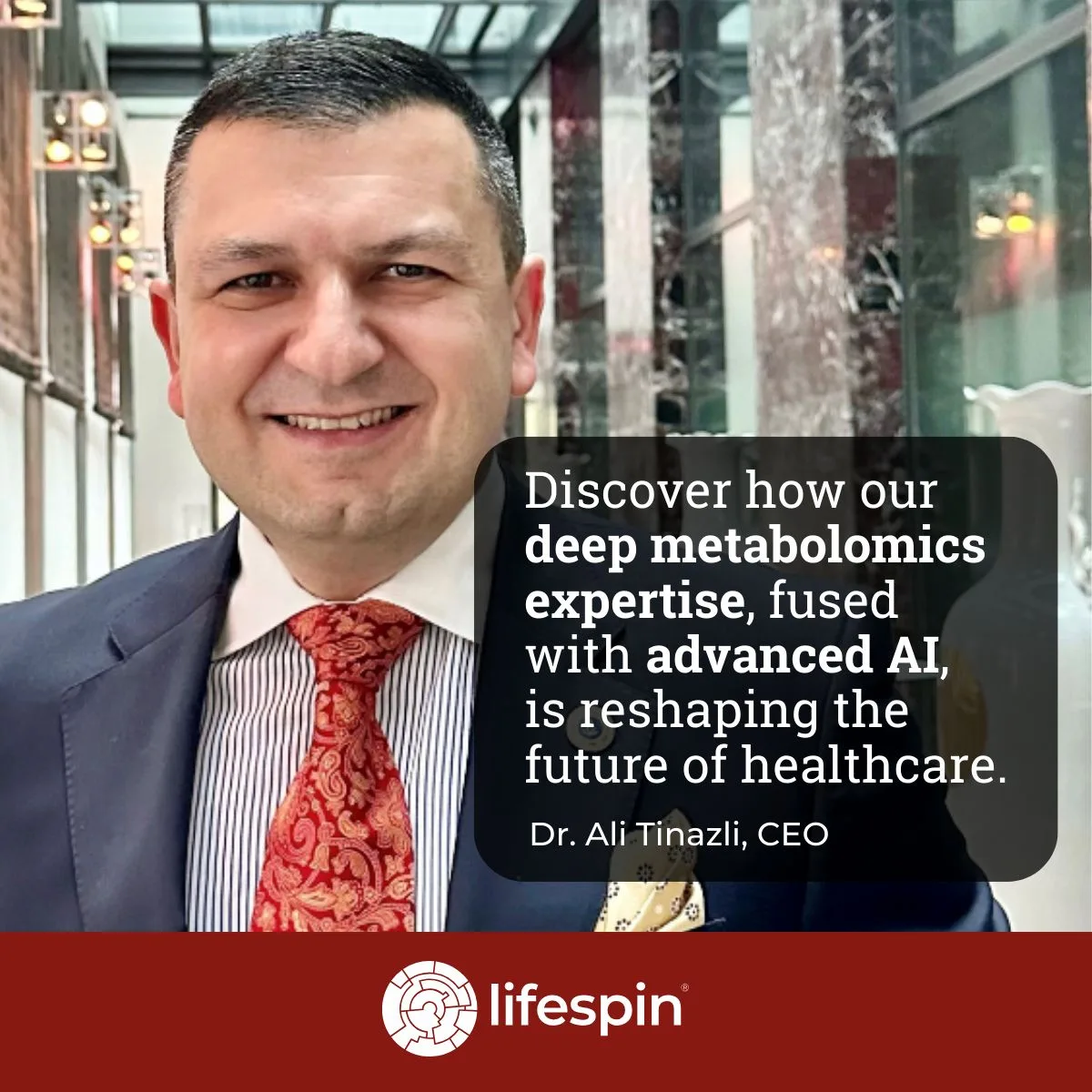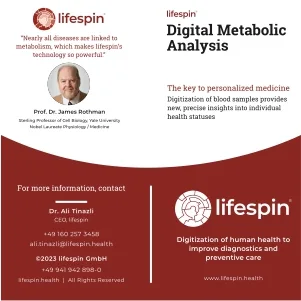Exploring the dynamic intersection of healthcare and inclusivity, Pfizer, and the Arab International Women Forum (AIWF) presented the ‘DEI by Design‘ report, giving insights on the transformative potential of women’s leadership in the MENA region’s healthcare sector. As the global community tackles the aftermath of the COVID-19 pandemic, this report takes center stage, drawing attention to the indispensable role of women in healthcare leadership and prescribing strategic recommendations to bridge gender disparities. In an exclusive conversation with MedEdge MEA, Patrick Van Der Loo, Pfizer’s Regional President for the Middle East, Russia & Africa, Elaborates on the collaborative initiative, strategic implications, and Pfizer’s commitment to forging a more inclusive healthcare future.
MedEdge MEA: Patrick, Pfizer’s collaboration with AIWF on the ‘DEI by Design’ report is making waves. Can you share how this collaboration aligns with Pfizer’s commitment to diversity, equity, and inclusion in healthcare, specifically in the Middle East and North Africa?
Patrick Van Der Loo: Absolutely. At Pfizer, we recognize that to make a significant impact on diversity, equity, and inclusion, we must work to shape the external environment in which we operate. Our collaboration with AIWF amplifies this vision, as we align with like-minded organizations to create a collective force for positive change, aiming to enrich the workplace experience for everyone and champion diversity and inclusion not only within our industry but throughout the broader community.
We have embraced this ethos through our commitment to creating an empowering space for women, where their contributions are celebrated and recognized. This collaboration stands as a testament to our dedicated effort to nurture female leaders from all backgrounds, and to create a more equitable society and region for everyone, no matter who they are or where they are from.
The results of ‘DEI by Design’ will help us map the future of our female colleagues in the industry and a sustained improvement in the health system across the region. Altogether, our efforts ensure that our workforce is representative of our diverse society and equip the women in our organizations with the resources needed to infuse their unique perspectives and voices into scientific breakthroughs. Partnerships like these ensure that our talents from all backgrounds can access resources to progress in their careers at Pfizer. It is key to our goal of creating a more diverse, equitable, and inclusive workplace – that is, providing everyone the chance they deserve to realize their potential as leaders.
MedEdge MEA: The ‘DEI by Design’ report provides valuable insights into women’s leadership in healthcare in the MENA region. How does Pfizer plan to implement these insights into its strategy for advancing women’s leadership?
Patrick Van Der Loo: ‘DEI by Design’ informs Pfizer’s comprehensive DEI strategy. This involves creating mentorship programs, networking events, and educational initiatives to support women’s professional growth. In fact, this is already in full force at Pfizer. We have the Leadership Aspiring Future Talents program focused on providing participants with best practices for their leadership development based on mentoring, coaching, and internal networking.
We will also prioritize transparency in career development and promotions, while also actively involving men as allies in the DEI journey. Furthermore, we will continue to foster a culture of continuous learning, trust, and empowerment, and support initiatives that address acute health challenges for women.
MedEdge MEA: Metrics are crucial to measuring success. How does Pfizer evaluate the impact of initiatives like the ‘DEI by Design’ report in promoting diversity and inclusion in healthcare, and what tangible outcomes are assessed?
Patrick Van Der Loo: Success is measurable, and we use key metrics to evaluate the impact of initiatives like the ‘DEI by Design’ report. We can track workforce diversity by monitoring the representation of women at different organizational levels and assess the effectiveness of initiatives through participation rates in mentorship programs and educational events. Additionally, evaluating promotion rates and skill development among women provides insights into their career advancement and professional growth. Workplace culture and inclusion can be gauged through employee satisfaction surveys and retention rates, ensuring that the organization fosters an environment where women feel valued and supported. Community impact metrics include tracking the success of educational programs and assessing health outcomes, particularly in conflict zones and refugee camps, to measure the effectiveness of initiatives addressing acute health challenges.
Collaborative efforts with stakeholders, such as health authorities and academic institutions, can be evaluated to measure the success of partnerships in addressing health disparities and promoting diversity, equity, and inclusion. By regularly assessing these metrics, we can refine our strategies and contribute to the creation of a more inclusive healthcare environment in the MENA region over time.
MedEdge MEA: How do global lessons from creating the ‘DEI by Design’ report integrate into Pfizer’s global strategy for advancing diversity and inclusivity in the healthcare sector?
Patrick Van Der Loo: At Pfizer, we believe that a robust DEI strategy requires regional and localized solutions. ‘DEI in Design’ provides recommendations that address the challenges of women in the MENA region, aligned with our global DEI strategy. Our comprehensive DEI approach includes three pillars: 1) Building a more inclusive colleague experience; 2) Advancing equitable health outcomes; and 3) Transforming society with external DEI partnerships,
Our partnership with AIWF is aligned with all three pillars to advance DEI in the Middle East, Russia, and Africa region. The recommendations to recognize and celebrate the achievements of women leaders, create mentorship programs, and invest in homegrown research, among other things, lay the foundation for a more inclusive healthcare future in the MENA region.
MedEdge MEA: Beyond the report, are there any additional points you’d like to share about Pfizer’s commitment to diversity and inclusion in the healthcare sector?
Patrick Van Der Loo: Absolutely. At Pfizer’s core, we believe in building an inclusive colleague experience where diversity is not just embraced but also celebrated. This commitment extends beyond our organisation and transcends into the very heart of our work culture. We are dedicated to improving diversity and fostering a sense of belonging for every member of our team. Through our various programs and initiatives such as the Leadership Program for Aspiring Future Talent, a dedicated program for nurturing future leaders from all backgrounds, the Disability Internship Program where we recognise that every person is uniquely skilled in their own right and we aim to advance the careers of young talents with special needs, and “Men As Allies” group that encourages and activate the role men play in women’s development, we are shaping a workplace that empowers individuals from all backgrounds to thrive.
We strive to create an environment that encourages open dialogue and respect for all and we are committed to listening to and lifting the voices around us. Especially in our region, creating platforms for diverse voices within the industry is a powerful means of addressing existing inequities in healthcare access.
Also Read: Dr. Zulekha Daud: A Remarkable Odyssey from Laborer’s Daughter to Healthcare Visionary
In conclusion, Pfizer’s collaboration with AIWF and the insights from the ‘DEI by Design’ report bring out a significant step towards encouraging inclusive leadership in the healthcare sector across the MENA region, By incorporating the report’s recommendations into our comprehensive DEI strategy, we are ensuring a more representative and equitable workforce, contributing to improved healthcare outcomes for women’s in the region. The ‘DEI by Design’ initiative stands as a guiding light of positive change, describing the power of collaboration and strategic vision in transforming the future of healthcare.













